Umakant Desai

Subscribe to read full article
This section is for paid subscribers only. Our subscription is only $37/- for one full year.
You get unlimited access to all paid section and features on the website with this subscription.
Not ready for a full subscription?
You can access this article for $2 + GST, and have it saved to your account for one year.
- Born: 13 June 1908
- Died: 25 January 2007
- Primary Cinema: Hindi
Actor Umakant Desai (later also credited mononymously as Umakant) is known for his portrayal of characters in early Hindi mythologicals. Starting work in the early talkie era of Hindi cinema, he has to his credit the first Gujarati feature film Narasinh Mehta (1932), as well as Amrit Manthan (1934) and Bharat Milap (1942). In the ensuing decades, he continued to largely feature in character roles in mythology-based films such as Sati Narmada (1950), Naag Panchami (1953), Ramayan (1954), and Krishna Sudama (1957).
Among the earliest films he worked in was the Nanubhai Vakil directed biographical film Narasinh Mehta in 1932. Indian cinema’s first Gujarati language feature film, it depicted the life of poet-saint Mehta (1408-75). Desai essayed the role of Krishna, while the title role was played by Master Manhar. The poet-saint Mehta was known for his evocative Prabhatiyan (morning hymns) and especially for his composition Vaishnava jana to ('The Vaishnav is he who knows the pain of others') made popular by Gandhi, who also adapted the poet's term Harijan (children of god) for the nation's ‘untouchables’. The film adhered to the Gandhian interpretation of Mehta's work, and was devoid of the miracles attributed to him. Produced by Sagar Movietone, the film was reportedly produced in 15 days at the cost of Rs 17,000. While the film was written by Chaturbhuj Doshi with sets designed by Ravishankar Raval, the film’s soundtrack scored by S P Rane comprised 15 songs. Faring well at the box office, the film was a success.
In 1934, Desai played the character Ramsharan Paherekar in the mythological drama film Amrit Manthan, which starred Chandra Mohan as the high priest, Nalini Tarkhad as Rajkumari, Sureshbabu Mane as Madhavgupta, Shanta Apte as Sumitra, Kelkar as Vishwasgupt, and Varde as Raja Krantivarma. Produced by the Prabhat Film Company, the film was made simultaneously in Hindi and Marathi. The film was based on Narayan Hari Apte's novel Bhagyashree, while the Hindi translation was done by Veer Mohammed Puri, who also wrote the lyrics for the film. The narrative focused on a reformist king who bans the sacrifice of animals and humans in his kingdom, which angers the fanatical rajguru, head priest of the Chandika cult. Prabhat’s V Shantaram, having studied new techniques in filmmaking in Germany, made use of them during the making of the film. Low camera angles with a circular track movement and effective use of light and shade, particularly at the start of the film when the cult meets, were employed. It was the first film to be produced at Prabhat’s new sound-proof studio and under the art direction of Fattelal. The film, which used ‘reformist tradition in Hinduism’ to revoke the practice of sacrifices at festivals and prayers, was reportedly the first to have a run of 25 weeks (silver jubilee) at a theatre.
The Vijay Bhatt directorial Bharat Milap (1942) produced by Prakash Pictures, saw Desai cast as Rajkumar Lachman alongside Prem Adib playing Bhagwan Shri Ram, Durga Khote playing Maharani Kaikeyi, and K B Athavale playing Raj Jyotshi. Bhatt’s first of many films based on the Ramayana, tried to be the biggest and the most faithful adaptation of the epic. Credits included dozens of literary sources and the expertise of several historians and curators. This plot told of Bharat, the third of Dasharath’s four sons, and his unstinting devotion to Rama, his eldest brother. Kaikeyi, incited by her maid Manthara, takes advantage of a royal boon to force Dasharath to exile Rama on the eve of his coronation and to have Kaikeyi’s own son Bharat made king of Ayodhya. Bharat refuses the throne and goes to the forest to recall Rama. When Rama insists on honouring his father’s promise, Bharat spends 14 years waiting for the heir to return and assume his rightful place as king. The film omits most of the mandatory miracle sequences and reportedly appeared more like a period romance with expensive sets and battle scenes.
Desai continued to play supporting actor roles over the decades in films such as the Ishwarlal directorial Sati Narmada (1950); Naag Panchami (1953) directed by Raman B Desai; Ramayan (1954) based on Valmiki's Ramayana, and produced and directed by Vijay Bhatt for Prakash Pictures; Miss Mala (1954) directed by Jayant Desai about a psychiatrist who protects the identity of an amnesia patient accused of murder while attempting to recover his memory; the Ramnik Vaidya directorial Mahasati Savitri (1955); Gauri Puja (1956) directed by Vinod Desai; Krishna Sudama (1957) directed by Shanti Kumar; Suhag Sindoor (1961) directed by R Krishnan and S Panju; and Private Secretary (1962) directed by Chandra.
Desai passed away on 25 January 2007.



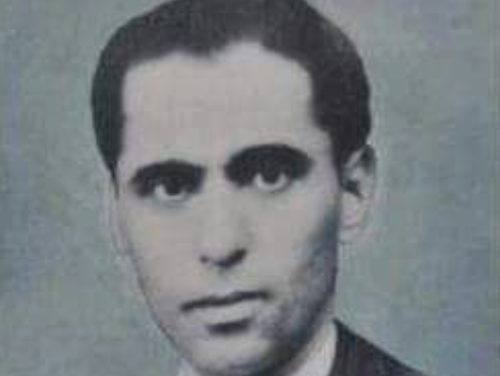
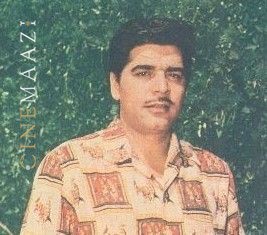
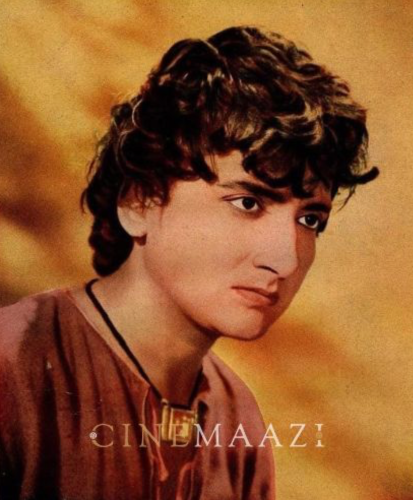

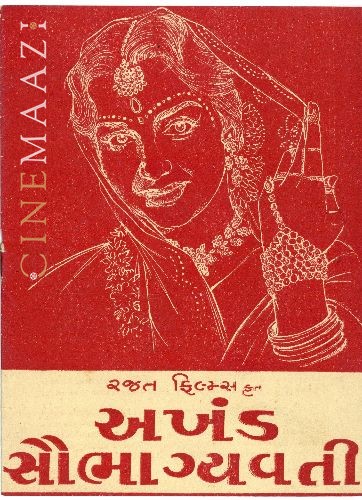
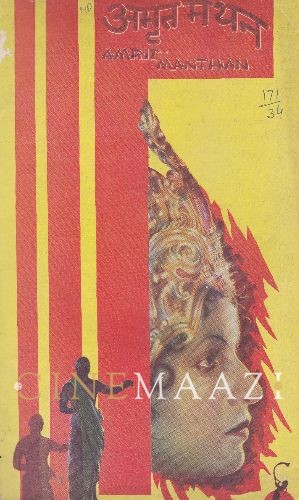
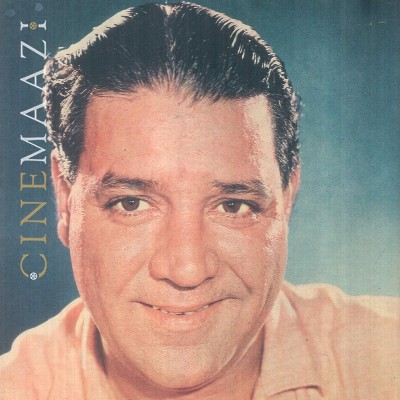
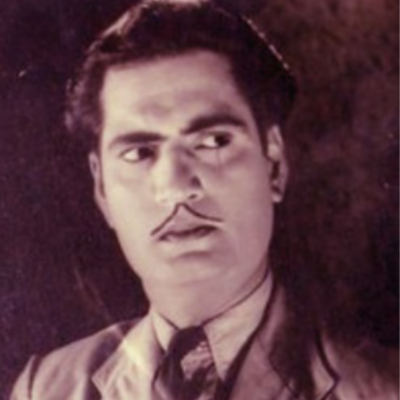
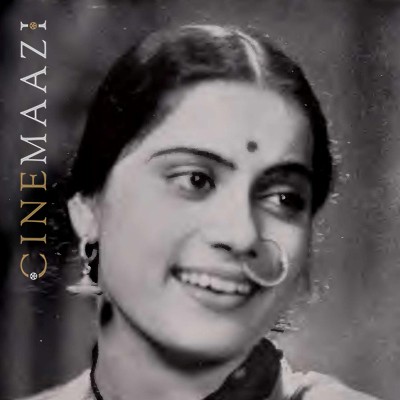
.jpg)


